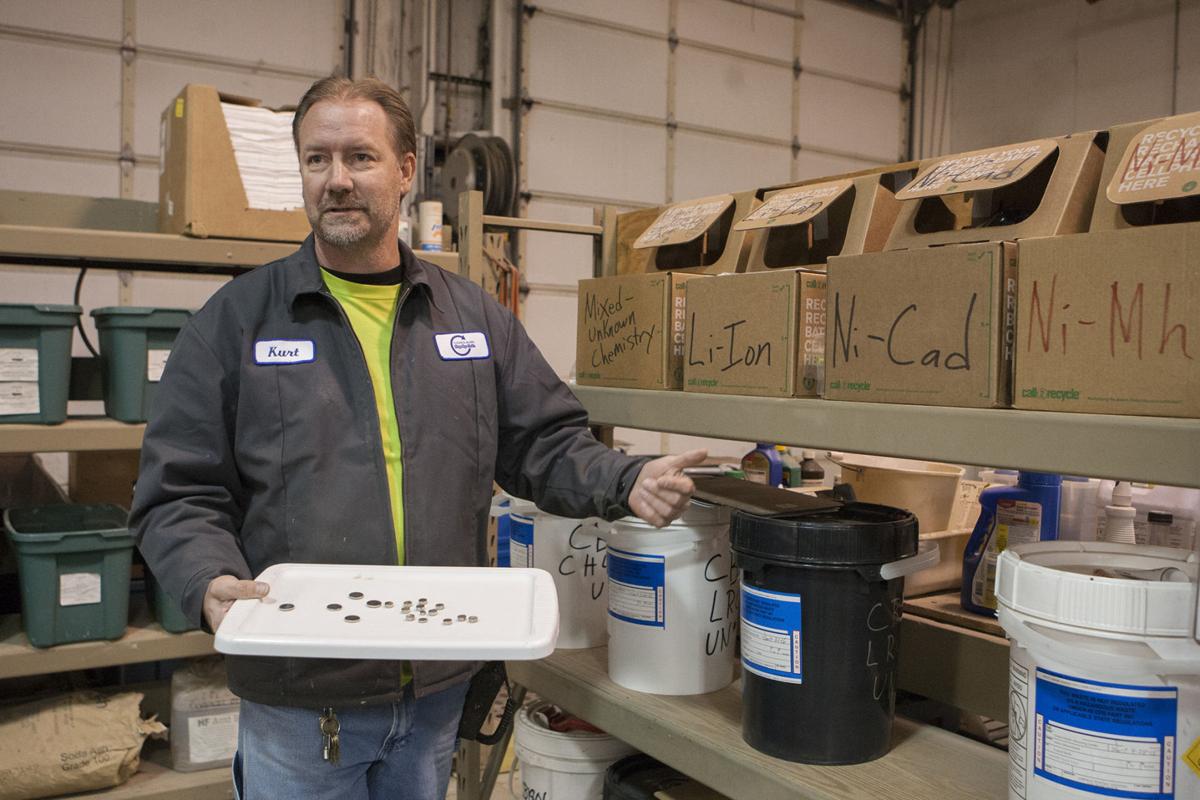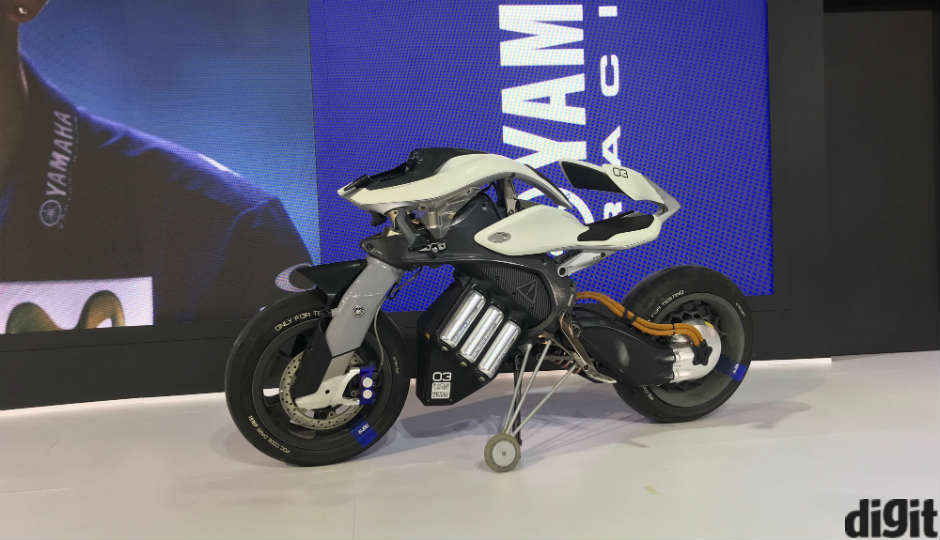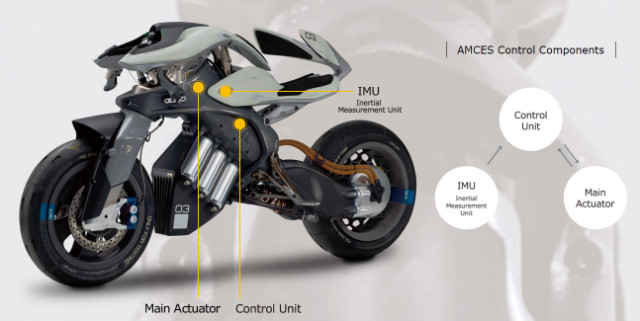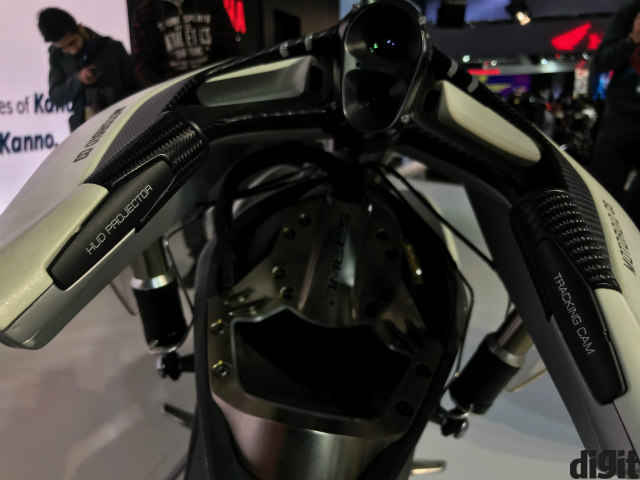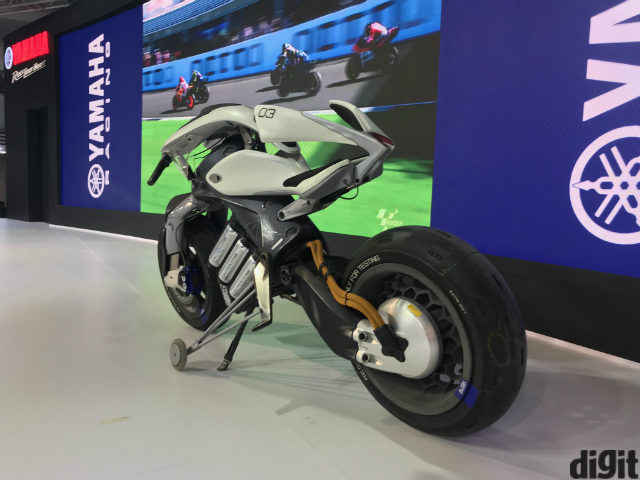 On February 6, Orange & Rockland Utilities, a subsidiary of Consolidated Edison, New York’s largest utility company, filed a proposal with the state’s Public Utilities Commission to test whether adding Tesla Powerpack grid storage batteries “can provide a range of services with costs and benefits shared by multiple stakeholders,” according to a report by the American Public Power Association. Tesla will own and develop the battery systems. It will work with O&R to develop multi-use operational strategies designed to balance power distribution among stakeholder groups that include participating customers, the distribution system, and Tesla.
On February 6, Orange & Rockland Utilities, a subsidiary of Consolidated Edison, New York’s largest utility company, filed a proposal with the state’s Public Utilities Commission to test whether adding Tesla Powerpack grid storage batteries “can provide a range of services with costs and benefits shared by multiple stakeholders,” according to a report by the American Public Power Association. Tesla will own and develop the battery systems. It will work with O&R to develop multi-use operational strategies designed to balance power distribution among stakeholder groups that include participating customers, the distribution system, and Tesla.
“These strategies will be guided by algorithms and protocols, designed by Tesla, to deliver optimal dispatch for the aggregated portfolio, maximizing the portfolio value among customers, the distribution grid, and Tesla,” an O&R spokesperson says. “Under this demonstration, the flexible operating characteristics of distributed energy storage will be employed to obtain the highest value use of the resource at any point in time.”
The utility says that a lack of regulatory and market mechanisms in place at the present time prevents battery storage projects from spreading their cost among multiple stakeholders, which inhibits more storage projects from going forward.
“When energy storage is deployed for multiple value streams, the amount of value and revenue generated on a per unit basis increases to capture previously idle storage capacity for productive use,” according to the utility. “This additional revenue means that multi-use applications of energy storage can be economically viable in locations where single-use applications are not.”
Compared to Tesla’s giant storage battery in South Australia, the two systems included in this latest proposal are modest in size, but they could form the basis for adding more and larger systems throughout Con Edison affiliated companies in the future. Both projects are 2 MW, 4 MWh systems. O&R says the batteries should make it possible for selected commercial and industrial customers to reduce the demand charges they currently pay, which can account for as much as 70% of their utility bills.
Think of these as “proof of concept” projects designed to eliminate any doubts O&R — and, by extension, Con Ed — may have about the effectiveness of battery storage systems. If the projects are successful, the utility company expects it may be able to defer or avoid investments in transmission and distribution infrastructure upgrades.
Assuming O&R and its parent company are pleased with the results, this could lead to a lot more business for Tesla’s power storage division. If Con Ed gets on board, other utility companies around the country will be sure to sit up and take notice.
